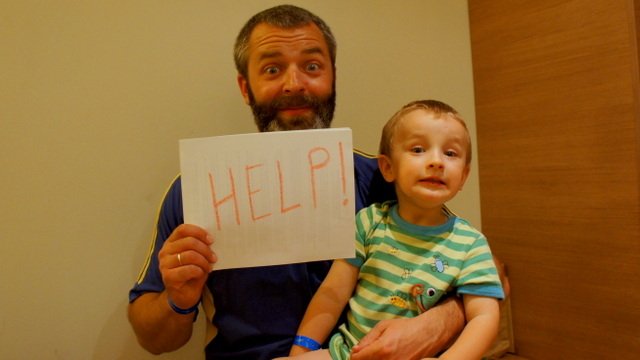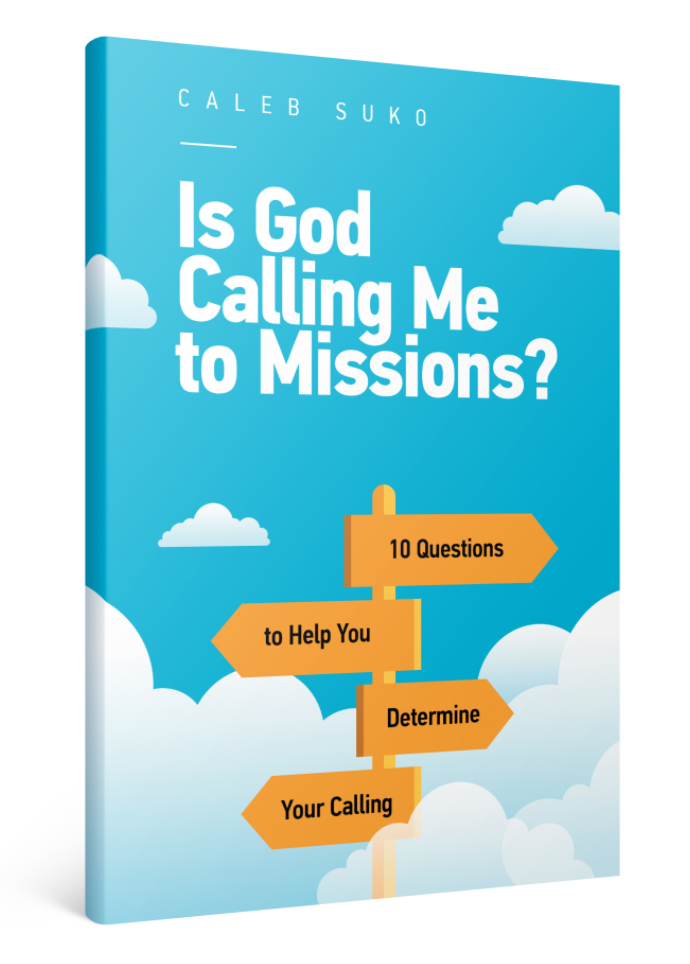Have you ever paid attention to what Bible stories we teach in Sunday School? Here’s a short list of some of the big ones that I remember:
- Cain and Able
- Noah’s Ark
- Sodom and Gomorrah
- The Sacrifice of Issac
- Samson
- David and Goliath
- Etc..
What’s wrong with this? Well nothing really except for the fact that these aren’t children’s stories by any stretch of the imagination! Tim Hawkins gives a comical and I believe an accurate description of how we often “dumb down” the stories in our Bible.
Unfortunately many of these stories stay locked in the realm of primary Sunday school classes when we graduate into adulthood. I referred to this recently in my post The 5th Commandment, it’s not just for Kids!
The reality is that the Bible was primarily written to adults and thus its subject matter correlates to its audience adults! Let’s just for a minute review the content of the common Sunday school stories I mentioned above with a few subtitles to help us get the gist of the story.
- Cain and Able (Sibling rivalry turns bloody)
- Noah’s Ark (Mass genocide of an entire generation)
- Sodom and Gomorrah (Homosexual violence and thousands burned alive)
- The Sacrifice of Issac (Father binds only son and attempts to kill him with a knife)
- Samson (One man kills 1,000 then commits suicide)
- David and Goliath (Young boy decapitates giant)
I hope you can see where I’m going with this. It’s not that we shouldn’t teach these stories in Sunday School, we should. However, we can’t leave them there! Our culture has dumbed down and degraded Bible stories to the point where they often seem to be on the same level as Mother Goose or Dr. Seuss. While we might never admit it we often treat them in a similar way.
Another problem in addition to the Sunday School version of these stories is that we often become immune to their significance through repetition. When we read the Bible sometimes it is tempting to skip some of the “familiar” parts because we think we know them so well!
The big question is “How can we regain a fresh and honest perspective when reading God’s Word?” Below are a few suggestions that I hope will help you see God’s Word from a more adult perspective.
1. Stop Reading!
As soon as you feel like your mind has gone into neutral or it seems like you are not learning anything from the text you need to immediately stop reading. Once you stop reading take a moment to ask yourself a few questions about the text. Here are some good ones to start with:
- Who are the main characters?
- What action is being done and why?
- How does this relate to the larger context, chapter, book?
- What does this text tell me about the character of God?
- What does this text tell me about man?
- How would I react in the same situation?
- What would this story look like in contemporary society?
2. Do it Again!
Reread and then reread. Sometimes we just need a little time for it to soak in and for the Holy Spirit to enlighten our minds. I find this one of the most rewarding tools when I am preparing a sermon. Often I’ll reread a text 20-30 times and then simply meditate in quietness for 10-15 minutes after reading.
3. Go Back!
This might mean going back to the beginning of the chapter but most likely you’ll need to go farther, maybe to the beginning of the book or beyond. The problem is that we like exciting stories like “David and Goliath” as a result they are often told and read out of context. When this happens we miss valuable information that helps us understand the significance of the story.
As long as Bible stories stay on the nursery wall our youth will be much more likely to pick up books about vampires and teenage sorcerers than the Bible! We need to challenge ourselves to bring back the validity of these historical events not only for ourselves but also for our children.
Questions:
- Have you ever experienced the “Sunday School” version of a Bible story?
- What if anything helped you to change your perception?











Nancy Suko
August 24, 2012This is so true!! I don’t even like children’s Bible story books where the people are portraited in cartoon style–which is pretty much all of them.
Caleb
August 24, 2012Some Bible story books are actually pretty good but certainly there are some that make the Bible look like something from “Precious Moments”.
Jeremy
June 19, 2013Great Article. This is spot on correct. I taught a mixed age class one time and one of the students was 17 yrs old and said he appreciated that I taught to him like he was an adult. He said he could only hear the story of Noah’s Ark so many times. However, I taught on that very thing and he said he learned so much he never knew. I think we even get to the point that we know the stories as they were told to us that we begin to think we have gotten everything out of them we could possibly get and then don’t worry about studying them later in life. Great perspective on things.
Caleb
June 21, 2013Jeremy, I think when we teach these stories it’s vital to really stop ourselves and ask, “what would it have been like if I were there when it happened.” It sounds like you’re doing a great job! Blessings to you!
Brenda Siara
January 17, 2015We can get too familiar with the word of God, sometimes. I’ve heard some Christians refuse to be corrected based on scripture, stating that they knew the word of God and did not need to be reminded of what it says.
The word of God is so rich. One text can carry so much more revelation than primarily meets the eye. If we get stuck on one, we miss out on the continual revelation of God’s fullness. It’s like being awed by the color of an orange so much that you refuse to peel it. You’ll never get to taste it, eat it, and that means the fruit won’t achieve it’s intended purpose in your well-being.
Let us go deeper in the word of God. Thanks a lot for sharing!
Caleb
January 17, 2015That’s a great illustration about the orange, I’ve never thought of it quite like that but you’re right too often we think we know a text and thus fail to dig into it and find out what it really means.